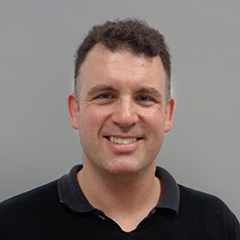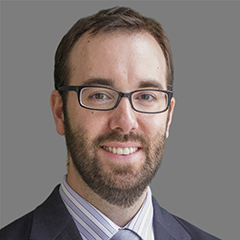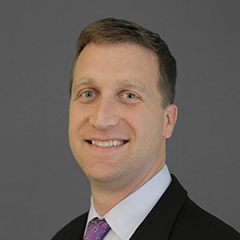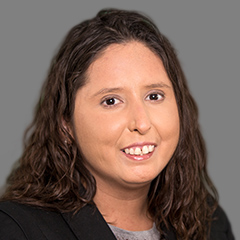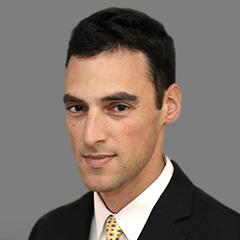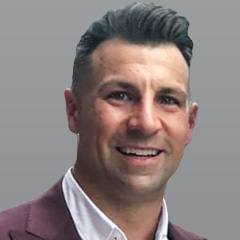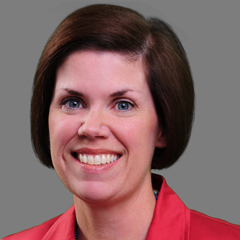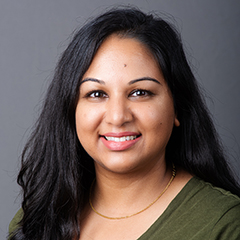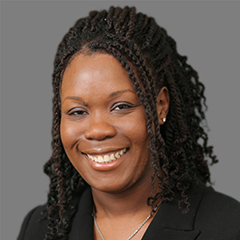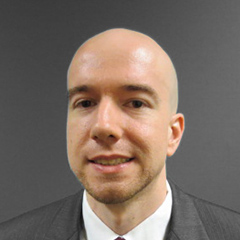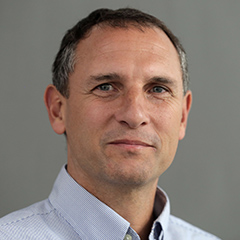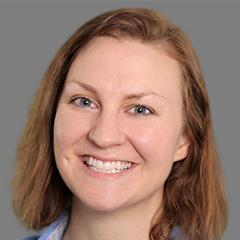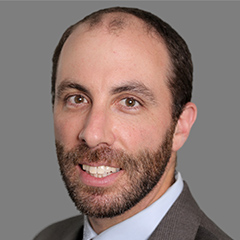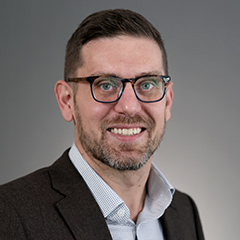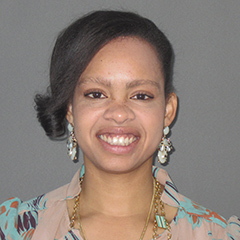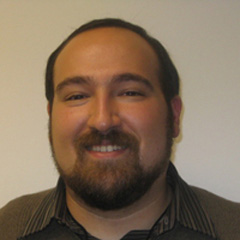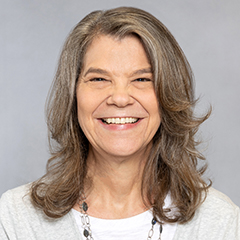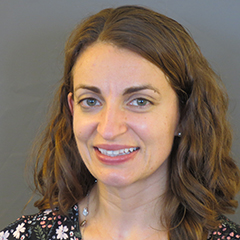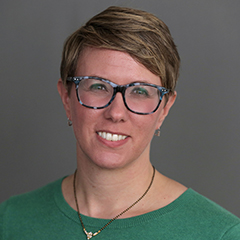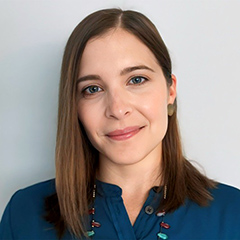Researching Racism and Inequality
Structural racism in the United States is a historic and ongoing threat to the lives of people of color, particularly for Black Americans. It has undermined American systems of criminal justice, health care, education, employment, and the social safety net meant to protect the most vulnerable among us. Repairing the damage will be the collective work of a nation.
For our part, we are a company dedicated to leveraging the power of data and evidence to inform policy decisions that lead to positive social change. This has been Mathematica’s work for decades—from the study of basic income that launched us to more recent examples of our research on racial disparities and other inequalities. Together with partners in the public and private sectors, we’re proud to offer relevant research and analysis that can document gaps in resources and opportunities, respond with evidence-based solutions, and illuminate a path to progress.
Connect with an Expert
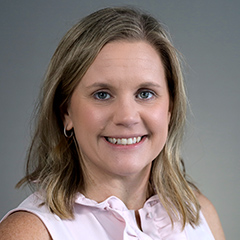
Amy Wodarek O’Reilly
Principal Managing Consultant; Co-Lead, Health Human-Centered Design Practice
View Bio PageAdvancing Equity Together
Discover how communities, allies, and evidence come together to shape a more equitable world.
Learn More



